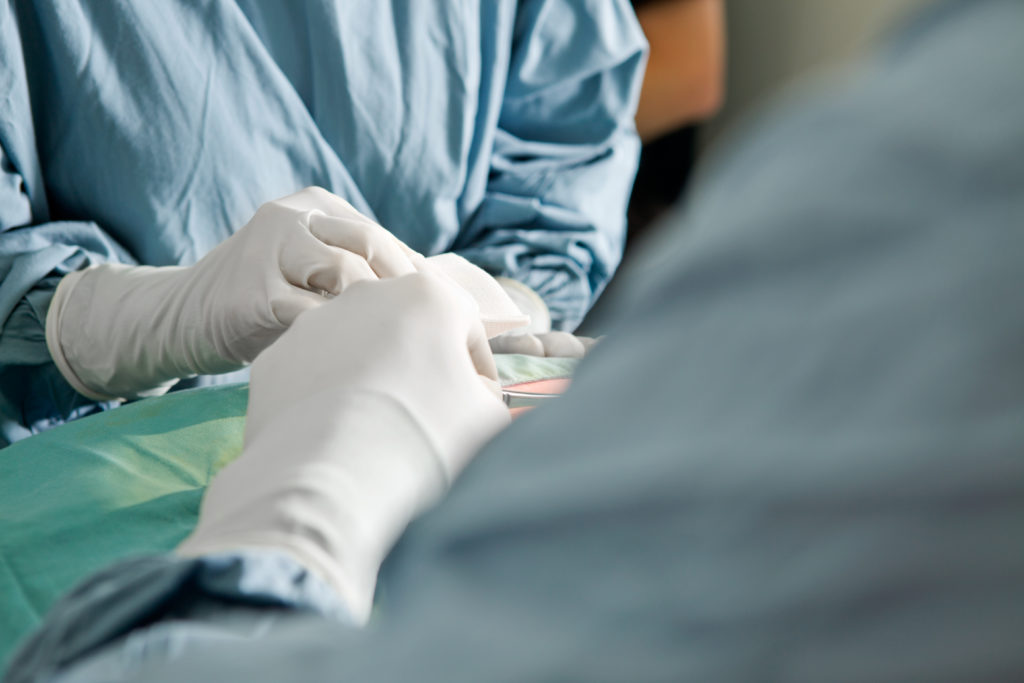In our last article, we outlined the things that are important to know before your child undergoes surgery. One of the things were common types of pediatric eye surgery, namely strabismus, tear duct, ptosis, cataract, and glaucoma surgeries. A study published by the NCBI explains that children’s post-operative needs are much greater than those of adults, as children’s eyes are more prone to inflammation and a shallow anterior chamber. Also, as the children’s eyes are still expected to grow, the corrective surgery is much more complicated
Today, we will build on that. Our Children’s Eye Doctor will discuss the best practices you can adopt to help your child recover from surgery.
What to expect after the surgery
There are two questions that parents usually ask us about post-surgery care. We will give relatively general answers, as these will differ for every child, but at least our child’s eye doctor will give you a good foundation of understanding.
How long will the recovery take?
The length of the recovery depends on each patient’s individual characteristics and the condition being treated. Due to the ever-advancing technology, many surgeries do not require the patient to stay at the practice overnight. For example, cataract operations are usually relatively quick and the patient can return home within just one hour of the surgery, and the total recovery time should last only a couple of days.
However, for uncomplicated cases, children are recommended to have a minimum in-patient stay of 2 days. This is to ensure early detection and treatment of inflammation or other complications.
How long does the whole process take? Are there any follow-up visits?
Since pediatric eye surgeries are much more complex and children’s eyes are more susceptible to complications, the child should be taken to many follow-up sessions over the years after the surgery.
Firstly, the eye doctors will only discharge the patient if they are sure that their recovery is under control and that the parents can safely and reliably take care of the child.
The initial follow up session if no complications are present, should take place within 2-4 weeks after the surgery. If the child is experiencing some complications, they should have a check-up weekly. Your child’s eye doctor will tell you when you will need to come back and what changes you might need to adopt.
The frequency of longer-term follow-ups differs for children of different ages. Children up to the age of 2 years should have check-ups every 3 months, children up to 5 years should visit a doctor every 6 months, and thereafter yearly. This is just a guideline – you must stick to what your pediatric ophthalmologist suggests.
The best practices
Most importantly, you must follow the oral and written instructions given to you by the medical staff. Each child and operation differs, therefore the best post-operative care for your child, might not be another child’s best option. However, there are some universal practices that our ophthalmologists believe will make your child’s recovery more efficient and comfortable.
Make sure your child wears dark glasses (sunglasses) for protection and comfort. In the US alone an estimated 2.4 million eye injuries happen annually, and eyewear can prevent 90% of them! Also, these glasses will protect our child’s, now more sensitive, eyes from harmful UV rays.
Be extra careful around your child, even when at home. Accidents involving common household products account for 125,000 eye injuries every year!
Eyes are incredibly sensitive to physical pressure, so eliminate as much physical strain as possible. Help your child with daily tasks, and ensure she doesn’t partake in demanding physical activities, like swimming.
Furthermore, you must not travel by airplane or into high-altitude areas, as this change in pressure will put a strain on your child’s eye.

About our Children’s Eye Doctor in Livingston!
Our exceptional doctors, Amy Lambert, MD, and Rachel Bloom, MD, are both board-certified pediatric ophthalmologists. Dr. Lambert, the founder of Pediatric Eye Associates, Llc, is also a board-certified strabismus surgeon, and Dr. Bloom is additionally fellowship trained.
Our pediatric eye doctors are experts at meeting your children’s eye and vision needs. We pride ourselves on the results we achieve with our patients and we believe the key is not just our medical expertise, but also attitude and patience with the children. Our motto is “to provide the highest quality eye care for children in a setting that is comfortable and reassuring.”
We understand that you will have many questions about our Livingston ophthalmologist, so if any of them are still unanswered, please refer to our FAQs page, or contact us. You can get in touch with us by:
- Visiting our practice
22 Old Short Hills Rd. Lower Level-1, Livingston, New Jersey 07039
Open hours: Monday – Friday 9:00 – 17:00
- Calling us on 973-422-1230
- Submitting the inquiry form on our contact us page
- Checking our Facebook page – Pediatric Eye Associates, LLC
The material contained on this site is for informational purposes only and DOES NOT CONSTITUTE THE PROVIDING OF MEDICAL ADVICE, and is not intended to be a substitute for independent professional medical judgment, advice, diagnosis, or treatment. Always seek the advice of your physician or other qualified healthcare provider with any questions or concerns you may have regarding your health.
